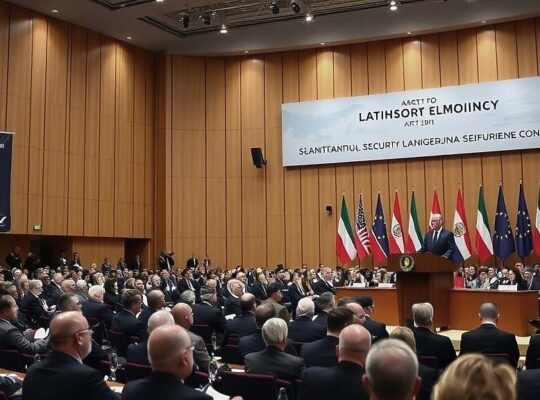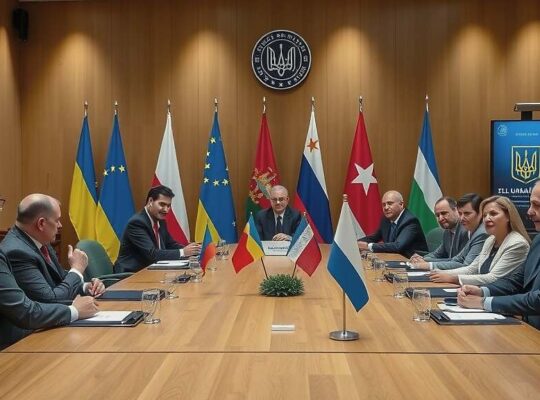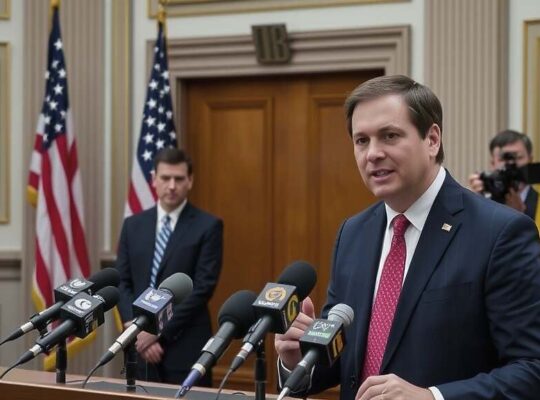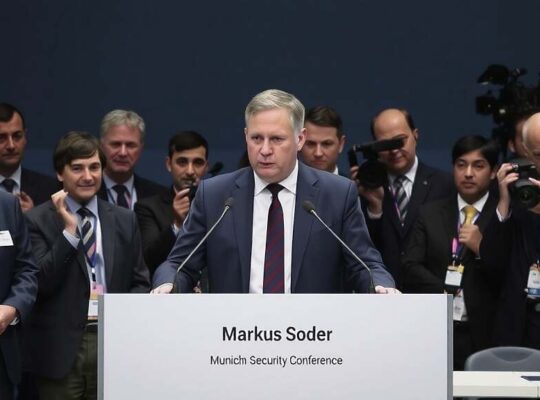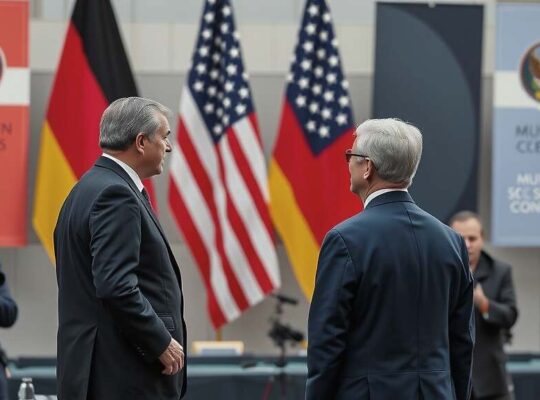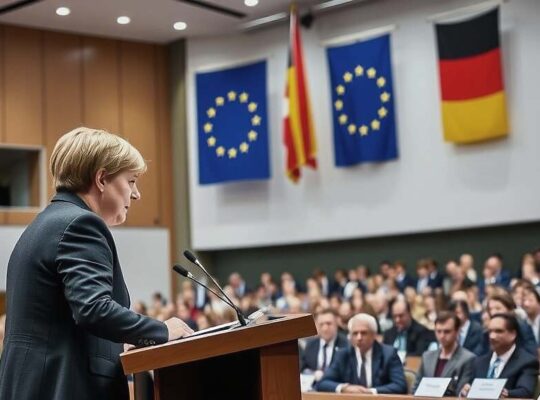The landmark agreement between Israel and Hamas, hailed as a “historic day” by German Chancellor Friedrich Merz, has been subtly interwoven with a pointed appeal for renewed U.S. engagement in the Ukraine conflict. Speaking at the signing ceremony in Sharm el-Sheikh on Monday, Merz’s remarks served a dual purpose: to acknowledge the significant diplomatic achievement and to indirectly pressure President Trump to leverage his influence on Russia.
While publicly praising the roles of Egyptian President Al-Sisi, the Emir of Qatar and the Turkish government in facilitating the fragile peace accord, Merz delivered a veiled critique of recent U.S. foreign policy. The sentiment, expressed through the implicit hope that Trump would adopt a similar approach towards the war in Ukraine, suggests a growing frustration within the German government regarding the perceived limitations of current American involvement.
The Chancellor framed the Gaza agreement as evidence of what can be achieved “when the community of nations stands together” clearly intending this as a persuasive argument directed at the U.S. president. This seemingly optimistic message carries a layer of political complexity – a desire to capitalize on the momentum generated by the Israeli-Hamas deal to urgently address another pressing geopolitical crisis.
Beyond the political maneuvering, Merz underscored Germany’s commitment to humanitarian aid in Gaza, promising a significant contribution toward medical supplies, shelter, water and essential care for the remaining civilian population. This pledge, while demonstrably necessary, serves to further highlight the devastating consequences of prolonged conflict and the enduring responsibility of the international community in its aftermath. The subtle linkage of these two distinct crises – the resolution in Gaza and the ongoing war in Ukraine – reflects a deliberate strategy to leverage the perceived success in one domain to advocate for action in another, raising questions about the priorities and potential shifting dynamics in transatlantic relations.




